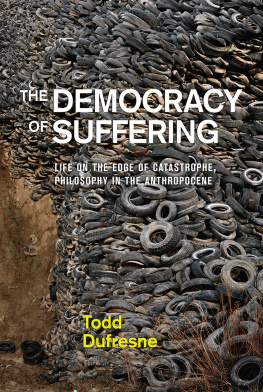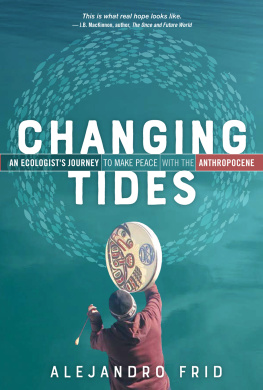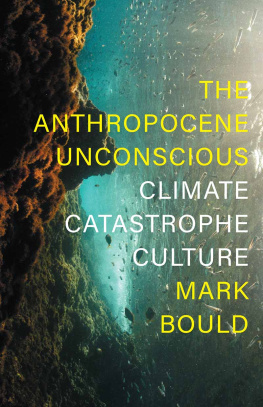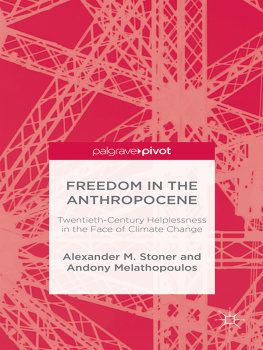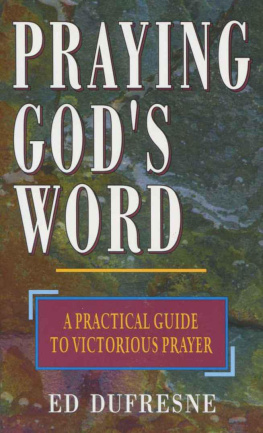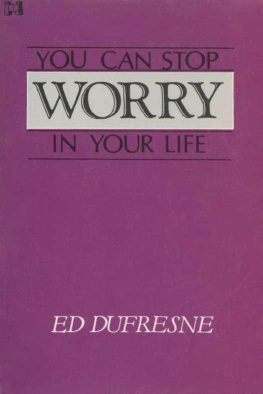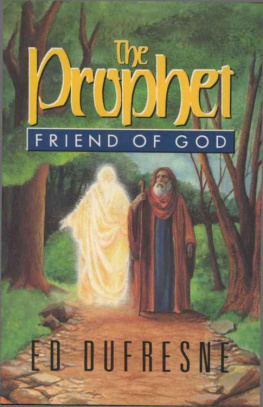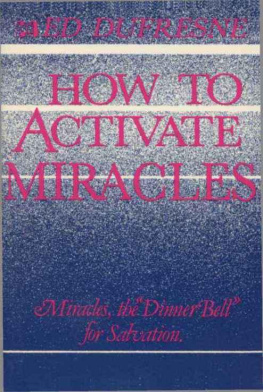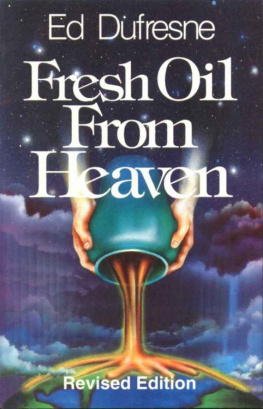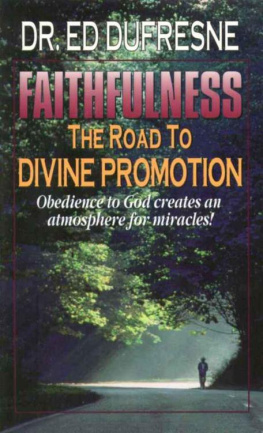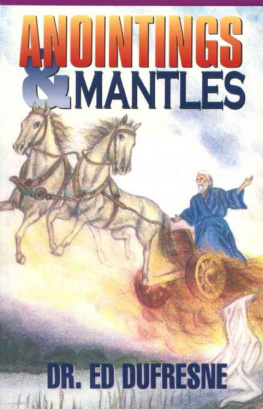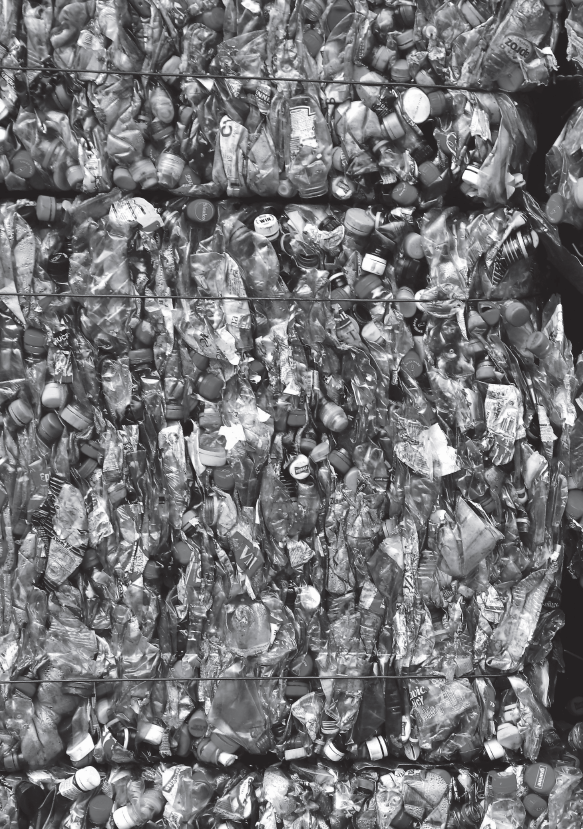
THE DEMOCRACY
OF SUFFERING
THE DEMOCRACY
OF SUFFERING
LIFE ON THE EDGE OF CATASTROPHE,
PHILOSOPHY IN THE ANTHROPOGENE
Todd Dufresne
McGill-Queens University Press
Montreal & Kingston London Chicago
McGill-Queens University Press 2019
ISBN 978-0-7735-5875-5 (cloth)
ISBN 978-0-7735-5876-2 (paper)
ISBN 978-0-7735-5961-5 (ePDF)
ISBN 978-0-7735-5962-2 (ePUB)
Legal deposit third quarter 2019
Bibliothque nationale du Qubec
Printed in Canada on acid-free paper that is 100% ancient forest free (100% post-consumer recycled), processed chlorine free
This book has been published with the help of a grant from the Canadian Federation for the Humanities and Social Sciences, through the Awards to Scholarly Publications Program, using funds provided by the Social Sciences and Humanities Research Council of Canada.

We acknowledge the support of the Canada Council for the Arts.
Nous remercions le Conseil des arts du Canada de son soutien.
Library and Archives Canada Cataloguing in Publication
Title: The democracy of suffering : life on the edge of catastrophe, philosophy in the Anthropocene / Todd Dufresne.
Names: Dufresne, Todd, 1966- author.
Description: Includes bibliographical references and index.
Identifiers: Canadiana (print) 2019012010X | Canadiana (ebook) 20190120177 | ISBN 9780773558762 (softcover) | ISBN 9780773558755 (hardcover) | ISBN 9780773559615 (ePDF) | ISBN 9780773559622 (ePUB)
Subjects: LCSH: Climatic changes. | LCSH: NatureEffect of human beings on. | LCSH: Reason. | LCSH: Capitalism. | LCSH: History, Modern.
Classification: LCC GE149 .D84 2019 | DDC 304.2/5dc23
No more than one or a few decades remain before the chance to avert the threats we now confront will be lost and the prospects for humanity immeasurably diminished.
World Scientists Warning to Humanity (1992) signed by 1,700 scientists in 1992
To prevent widespread misery and catastrophic biodiversity loss, humanity must practice a more environmentally sustainable alternative to business as usual. This prescription was well articulated by the worlds leading scientists 25 years ago, but in most respects, we have not heeded their warning. Soon it will be too late to shift course away from our failing trajectory, and time is running out. We must recognize, in our day-to-day lives and in our governing institutions, that Earth with all its life is our only home. World Scientists Warning to Humanity: A Second Notice (2017) signed by more than 20,000 scientists in 2018
CONTENTS
PART ONE
The Past (ca 17841968),
Subjects of Reason
PART TWO
The Present (ca 19682008),
World as Object or the Anthropocene Condition
PART THREE
The Future (ca 20082100),
On the Democracy of Suffering
ACKNOWLEDGMENTS
This book benefited from conversations I have had with lots of people, including students too numerous to mention. It also benefited from academic friends on Facebook, who often make smart posts, and from the constant flow of content on the environmental, political, and economic fronts. Kant engaged with his everyday in a Berlin newspaper; today we engage with the everyday through an incredible flow of facts and opinions, a news feed, that exists at our fingertips. I readily admit that, without this source, the resulting book would have been different probably very different.
During the research and writing of this book (roughly 201118) I taught a few courses of relevance to the ideas expressed herein. I thank my philosophy colleagues for indulging my interests and the many students who did the same. It was invaluable. Imre Szeman invited me to contribute to Fueling Culture: Energy, History, Politics (2017), for which I wrote a brief chapter called Future. That chapter inspired the direction and structure of this book, which already was well underway, so I owe him for that opportunity. I would also like to acknowledge friends and colleagues who read parts or whole sections of earlier versions of this manuscript and made suggestions or provided commentary. Richard Maundrell read an early draft, generously making a detailed list of helpful impressions, criticisms, and suggestions. Clara Sacchetti read a very early and a much later iteration of the book and shared her impressions many times. Christine Daigle read an early draft of the complete book, shared criticisms, and then visited Lakehead University where she delivered a lecture on posthumanism. Justin Currie, a philosophy student, read a version of the book and provided a list of queries, remarks, and suggestions. My nephew Matthew Dufresne read it and shared his impressions between sets. Greg Deschodt read a passage about the dystopic future and shared his views. And in the summer of 2018 Daniel Keyes read the first third of the manuscript and shared his thoughts. I am honoured by these interactions and am pleased to thank each person by name.
Georgina Chuatico helped me with some of the basic research for this book, a position supported by a grant made available by the dean of Social Sciences and Humanities. My friend Mark Nisenholt tweaked many of the public domain images used in the design of the book. And five artists generously allowed me to reproduce, without any qualms, their works in black and white: Nisenholt, Andy Singer, Maria Whiteman, Michael Dal Cerro, and Dwayne Booth (a.k.a. Mr Fish). Thank you very much. Kathy Kaszas extended her usual goodwill. Martha Webb gave me advice about the manuscript. And so, too, did Mark Abley, my very fine editor at MQUP; Shelagh Plunkett, my thoughtful copy editor; and two anonymous reviewers. They all helped me revise and improve my remarks one well-informed reviewer generously repairing gaps in my understanding of the very diverse, very broad literatures on the Anthropocene. Thanks.
I dedicate this book to Clara and Chloe. To the moon and back.
PREFACE, OR WHATS LOVE
(OF WISDOM) GOT TO DO
WITH CLIMATE CHANGE?
Philosophers have always attempted to account for how it is that human beings can know the external world. By the time of the Enlightenment, they had come up with four basic theories. One, we could follow Ren Descartes and insist that the foundation for knowledge of the world is given a priori certain because known intellectually, like mathematics, before or outside of sense experience. This counter-intuitive perspective is called rationalism. Two, we could follow John Locke and insist that the foundation for knowledge is a posteriori certain because derived from sense experience of the external world. This reassuring perspective is called empiricism. Three, we could agree with David Hume that empirical knowledge of the world is only a probable (not certain) knowledge, and that probable knowledge is the best we can hope for. This cautious perspective remains a restricted form of empiricism. Or four, we could drop both theories of rationalism and empiricism and devise a new theory that better accords with our conviction that our knowledge of the external world is certain and not merely conceptual, experiential, or probable.
Immanuel Kant famously opted for the fourth and most difficult choice, thereby transforming the way we think about how human beings come to know the external world. Cue his Critical Philosophy, a brilliant synthesis of what is right and useful about both rationalism and empiricism. More about it later. The problem is that Kants theory comes at the high price of undermining our oldest assumptions on how human ideas about the world match up to the external world itself. For, according to Kant, all knowledge of the external world is a human and therefore mediated knowledge; we can never have knowledge of the world itself, knowledge separate from its knower. Which, of course, is unsatisfying since thats what we usually mean when we say that our knowledge is objective, namely, that it corresponds
Next page
